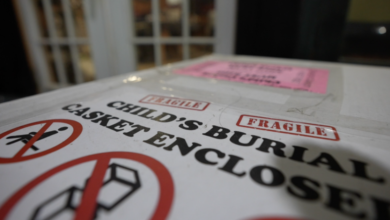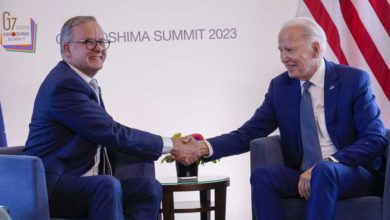As details emerged this week that CNN anchor Chris Cuomo assisted in drafting his brother’s response to a sexual harassment scandal, my first thought was about my former students in newsrooms large and small, whose work just got harder.
Cuomo was more involved in crisis communication strategy for his brother — one of the most powerful Democrats in the country — than previously disclosed.
What happens to him at CNN is less important to me than what happens to all the other journalists whose ethics will be questioned and whose bond of trust with the citizens they serve could be damaged by the choices he made.
When it comes to credibility and trust, people don’t see individual reporters or news organizations. They see “the media.” So when one journalist or outlet makes questionable choices, the tarnish can easily spread to others.
And make no mistake about it, Cuomo’s choices in this situation are questionable – at best.
First, it appears from the attorney general’s report that Cuomo helped draft the statement Gov. Andrew Cuomo’s office released in response to accusations of sexually inappropriate conduct. He also may have been involved in defining strategy with a political consultant.
USA TODAY's opinion newsletter: Get the best insights and analysis delivered to your inbox.
While Chris Cuomo says he has never tried to influence CNN’s coverage of his brother, these actions make it apparent that he indeed was offering advice with the power to influence coverage, both at his own network and at other outlets.
Finally, Cuomo was not forthcoming with his viewers when he apologized in May after the Washington Post reported on his involvement, calling it “a mistake.” He characterized his role as “being looped into calls.” The AG’s report makes clear his actions went well beyond that.
A spokesman for CNN previously said in a statement that Chris Cuomo's participation in his brother's strategy meetings was improper, but he won't be disciplined.

Setting a strategy and defining a narrative for a powerful political figure, especially one mired in controversy, is inappropriate for any journalist.
'It's my brother' isn't a good excuse
It’s natural to think, “But it’s his brother.” I would argue that makes the ethic of independence more important, not less. Cuomo acknowledged as much in his May statement, saying being a journalist and the brother of a politician is uniquely challenging and, “I have a unique responsibility to balance those roles.”
USA TODAY EDITORIAL:New York Gov. Andrew Cuomo must resign
He failed in that responsibility by entangling himself in his brother’s political strategy.
And in doing so, he cast a shadow over the work of other journalists, as people – quite fairly – could see this as evidence that mainstream journalism is too close and too comfortable with the rich and powerful.

I cast my eyes with tremendous pride on the work my students are doing in journalism every day. One covered a mass shooting with empathy and nuance. Another broke open a story of abusive practices in a city jail. A number handled difficult calls with older readers as they struggled to find access to vaccines during the pandemic. And scores are doing the daily grind of showing up at city councils and school boards to keep government accountable to the public.
Trust undermined even further
Time and again, I see them do this work with sincerity and integrity. So it’s awful to see someone tweet about the Cuomo situation, saying, “Ethics in journalism? That's been long, long gone. No one has any trust in the media anymore.”
Cuomo squandered his journalistic independence by getting involved in saving his brother’s political career. But he also put a sword in the hands of people who would call journalists “enemies of the people.”
And for that, he should be sorry.
Kathleen Bartzen Culver is the James E. Burgess Chair in Journalism Ethics, an associate professor in the University of Wisconsin-Madison School of Journalism and Mass Communication, and director of the Center for Journalism Ethics.

Source link








